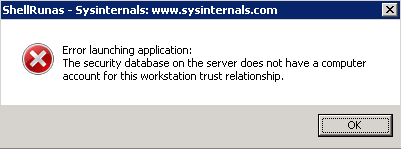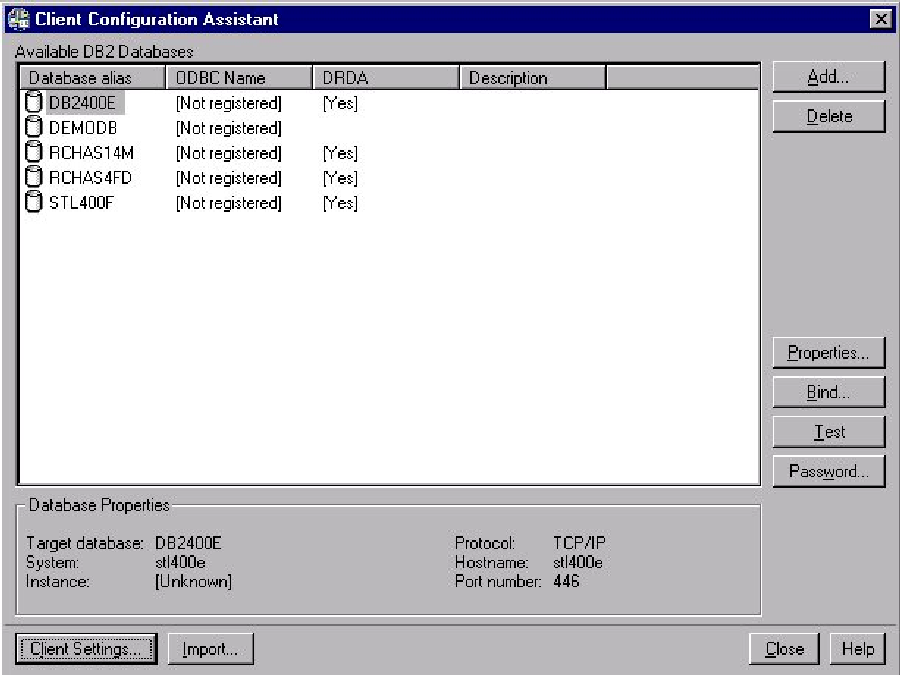

This is very different to the previous case: the measurement is personal, not absolute, and will not be affected by sock puppetry. I might decide that I explicitly trust anybody one link away from me, and implicitly trust anybody up to three links away.

Another is to count how many links there are in the chain of trust between yourself and another user: if I trust A, who trusts B, who trusts C, and this is the shortest path from myself to C, then C is three links away from me. The simplest trust metric is to count the number of users who trust the rated user, but this system is vulnerable to attack (for instance, the use of sockpuppet accounts to trust oneself).

There are very many different ways to do this, which will produce quite different results, and it is important to note that no metric is endorsed by this proposal. The network itself can be analysed using a trust metric to rate individual users. This information might serve several purposes: for instance, as an indicator when considering to what extent the Wikipedia content added by a user can be trusted, when taking part in recent changes patrol, or when considering a request for adminship. The network can help to reveal the extent to which Wikipedia contributors are trusted by their peers. Additionally, it would be wise to consider carefully any thoughts of writing explicit statements of distrust, bearing in mind the no personal attacks policy.

It is important that the trust network does not just become a popularity contest, and that the lack of an explicit statement of trust should never be interpreted as a statement of distrust. Liking another user should not generally be enough trusting somebody requires being confident that their contributions are civil, constructive and of generally high quality. There are a variety of reasons to express trust in another user: you may have worked together on a proposal or article, reviewed many of their edits in articles on your watchlist, or know them personally. However, the sheer number of editors who trust a user should not be taken as a clear measurement of that user's trustworthiness: the fact that a user is trusted by dozens of suspected sockpuppets would only harm their reputation. Discovering that several reputable users, or users that you have particular regard for, have expressed their trust in an editor is a strong indicator of that editor's value to Wikipedia. Reading an editor's user page, browsing through their contributions, and reading the threads in their talk are valuable but time-consuming methods of getting to know someone. The Wikipedia user base is so large that two well-established and respected editors, concentrating on different areas of Wikipedia, may have no contact between each other for some time. However, it provides an additional piece of information that may be useful when coming across another user for the first time. The web of trust is neither a popularity contest nor a measurement or assessment of an editor's trustworthiness or value. In March 2005 it was started on Meta as m:Web of trust and m:Vertrauensnetz by Arnomane. The key differences between the inactive system and the presently proposed are that the inactive system relied upon the editing of a centrally-stored table and allowed formal expressions of distrust. This proposed system for the English Wikipedia shares the three key ideas of Vertrauensnetz: giving users a formal way of declaring their confidence in other users, a way of seeing which users have declared their trust of a particular user, and the resulting structure of trust-relationships formed between all users ( see below). Its implementation in the German Wikipedia as Wikipedia:Vertrauensnetz was started by Sansculotte and Elian on 23 July 2004. This proposal for a " web of trust" is inspired by the mailing list thread that began with this posting by Jimbo Wales and was started by Pcb21 on 17 February 2004. It is not a popularity contest or editor rating. The trust network exists to allow users to systematically document their trust-relationships, and to see which users have declared trust in another user.


 0 kommentar(er)
0 kommentar(er)
